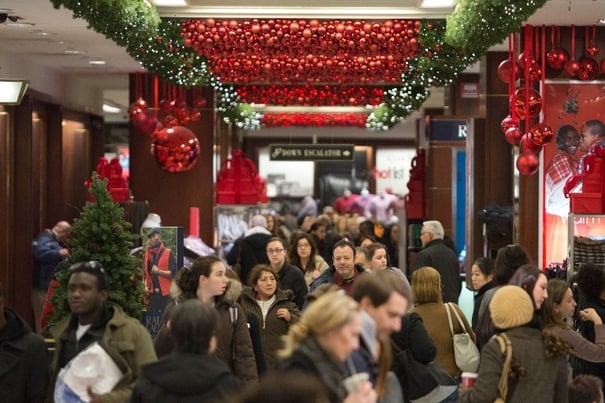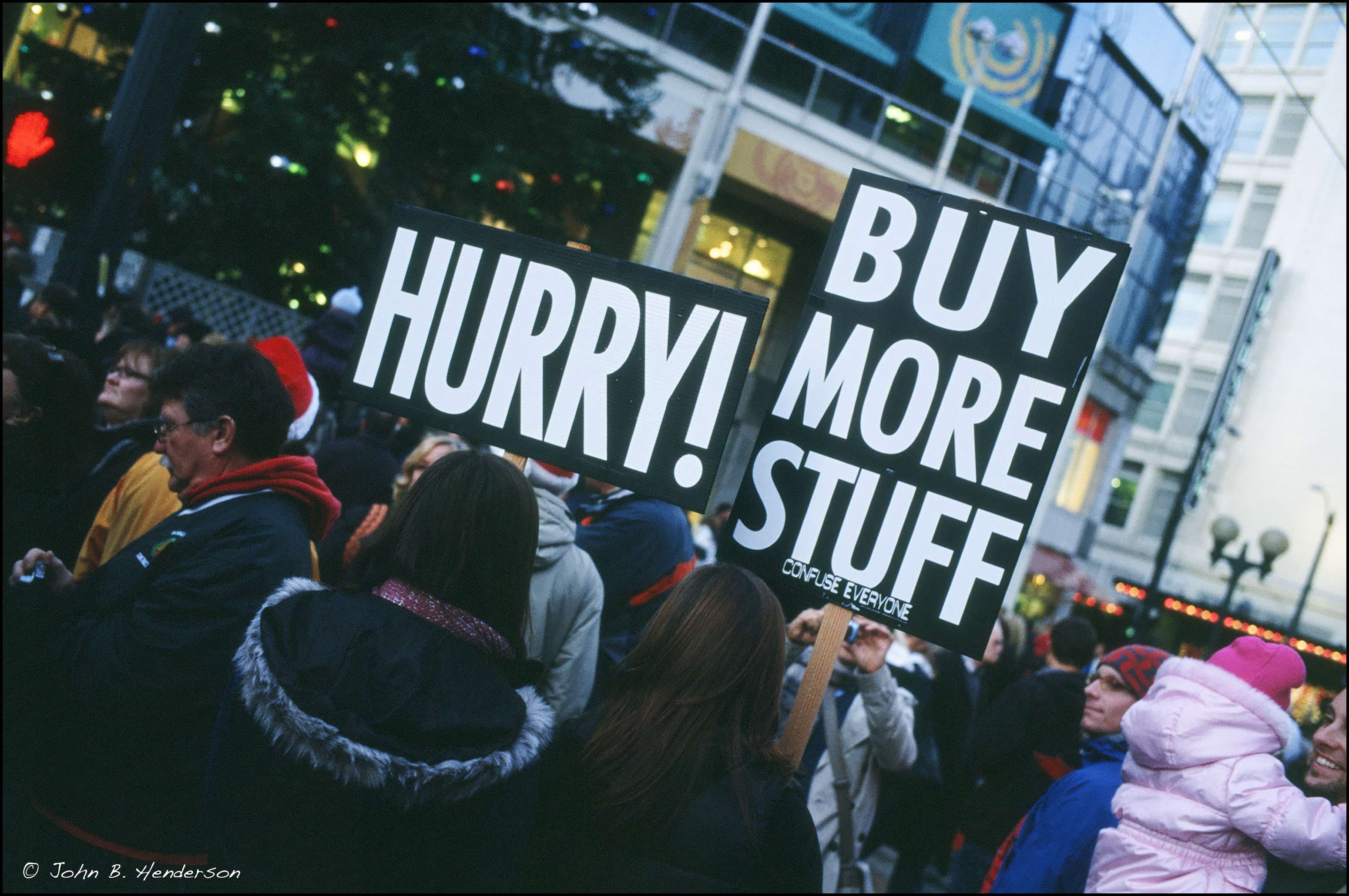The term Black Friday was coined in the 1960’s to kick off the holiday shopping season. But every year, retailers stretched savings further and further on either side of the notable shopping day. Cyber Monday launched decades later in 2005 by a division of the National Retail Federation. Historically, the deals on both days are fairly similar, but with the extended deals running before and after Black Friday/Cyber Monday, the lines are definitely blurring.
Black Friday or Black November?
With retailers extending holiday discounts well beyond Black Friday and Cyber Monday, consumers may be realizing that waiting for the Black Friday/Cyber Monday sales might not be as valuable as they once were. This year, Amazon not only touted Black Friday deals but also promoted “Black Friday Week” deals that began as early as November 22 – four days before Thanksgiving. Target jumped on the bandwagon even earlier, promoting “Early Black Friday Deals” on November 9, running well before the Black Friday frenzies. Sports Chalet pushed deals even further, running a “Beat the Black Friday Crowds” campaign that began two weeks prior to Thanksgiving, November 6-19, 2015.
Closing the Door on Deals
Alternatively, there are several retailers who chose to close their doors on Thanksgiving Day and Black Friday this year. The most recognized and outspoken retailer being REI, who promoted their #OptOutside campaign all over social media to encourage people to spend time outdoors versus spending in stores on Black Friday. The campaign generated a lot of buzz and proved to be a big hit as one million chose to “opt outside” that day. Other large retailers that closed their doors on Thanksgiving Day include Nordstrom, Bed Bath & Beyond, and T.J. Maxx.

The Future of Holiday Shopping
Each year, the holiday promotions linger on, offering consumers more time to take advantage of savings. According to our Pre-Holiday Consumer Intentions Report, a fair percentage of consumers (32%) plan to shop after Cyber Monday/Before Christmas. The downside for consumers is limited availability and shipping fees, but the upside for retailers is increased demand as consumers’ rush to purchase those last minute holiday gifts.
The future for brick and mortar retailers on Black Friday is looking dark – no pun intended. “Sales on Black Friday fell from $11.6 billion in 2014 to $10.4 billion in 2015,” according to retail researcher ShopperTrak. Yet, online sales increased by 14% from 2014. It’s no surprise that online shopping takes the cake, or in this case, the sales.


